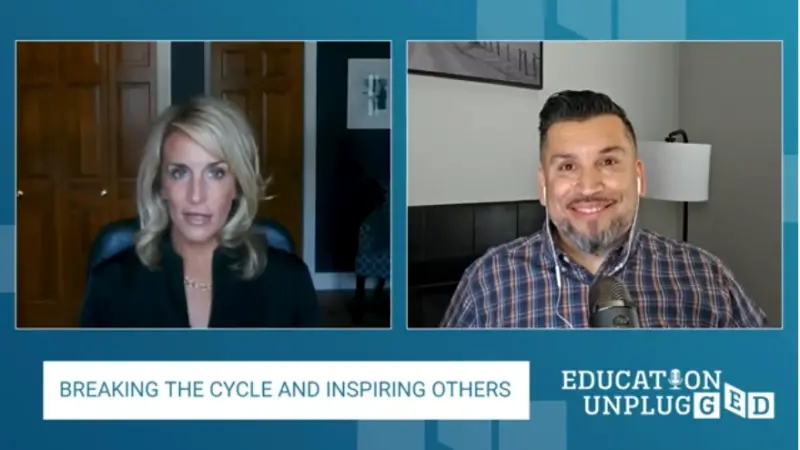Strengthening School Safety: Empowering Substitute Teachers for Emergencies
The imperative to ensure school safety often takes a back seat to academic concerns, leaving substitute teachers unprepared for emergencies. The tragic events at Santa Fe shed light on the dire consequences of this oversight during lockdowns. Mike Matranga, CEO of M6 Global Defense Group, has spearheaded advocacy efforts for change, yet many school districts still lack comprehensive plans for these critical scenarios.
Empowering the Unsung Heroes: Substitute Teachers
Join us for a thought-provoking episode of SecurED, where we address the often-neglected role of substitute teachers in emergency preparedness. Host Mike Matranga delves into the advocacy journey with a focus on the critical need to equip these educators with proper training and security protocols.
Key Discussion Points:
- The Santa Fe Wake-Up Call: The conversation opens with a reflection on the Santa Fe tragedy, which exposed the vulnerabilities of substitute teachers during lockdowns. Mike Matranga shares his insights on the need for urgent change and the potential consequences of inaction.
- Advocating for Change: Our host discusses his advocacy efforts to prioritize substitute teacher training and emergency protocols. With firsthand experience in security and defense, Matranga sheds light on the steps needed to galvanize school districts into action.
- A Collective Commitment to Safety: The episode emphasizes the collective responsibility of educators, administrators, and policymakers to ensure the safety of our schools. Properly trained substitute teachers are a crucial line of defense, and their role should not be underestimated.



